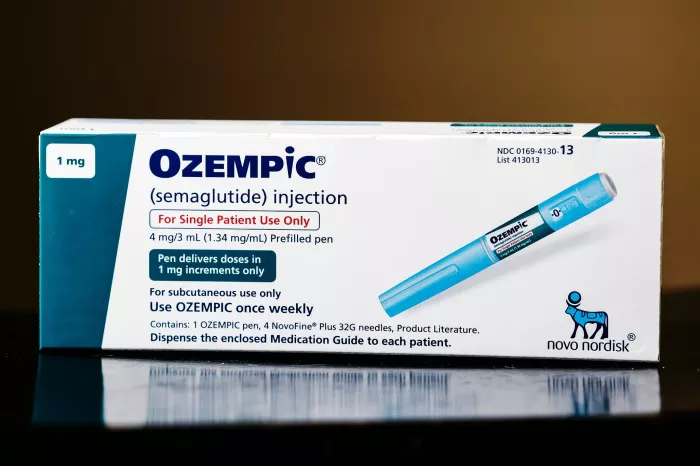Indianapolis – A first – of – its – kind blood test to detect amyloid plaques in the brain associated with Alzheimer’s disease recently received clearance from the U.S. Food and Drug Administration. An Indiana University School of Medicine researcher who helped lead the discovery and development of one of the biomarkers the test identifies hopes it will provide greater access and a more accurate diagnosis for patients.
The test received FDA clearance on May 16. People 55 and older who exhibit signs and symptoms of Alzheimer’s disease can now receive the test, which is more than 90% accurate in diagnosing the disease, through a blood draw ordered by their physician.
Jeff Dage, PhD, senior research professor of neurology at the IU School of Medicine, discovered nearly a decade ago that phosphorylated tau – a protein in the brain that is associated with Alzheimer’s disease and gets filtered through the bloodstream – is a potential biomarker for Alzheimer’s disease. Together with collaborators from the Mayo Clinic, Lund University in Sweden, the University of San Francisco and Columbia University, Dage worked to demonstrate the performance of the blood test across a wide population of patients.
The teams published landmark papers from 2018 to 2020, establishing they had identified a useful blood – based test. Their results showed the test was 96% accurate in determining whether a patient had pathological evidence of disease – on par with FDA – cleared cerebrospinal fluid testing or PET scans.
The blood test measures the ratio of two proteins that are hallmark characteristics of Alzheimer’s disease: phosphorylated tau (pTau 217) and an amyloid protein (β – amyloid 1 – 42).
“This offers a less invasive, more accessible and scalable method to identify Alzheimer’s pathology early in the disease process,” Dage said. “It opens the door to more efficient diagnosis, earlier interventions and broader participation in clinical trials, which is essential for advancing treatment.”
Related topics:
































